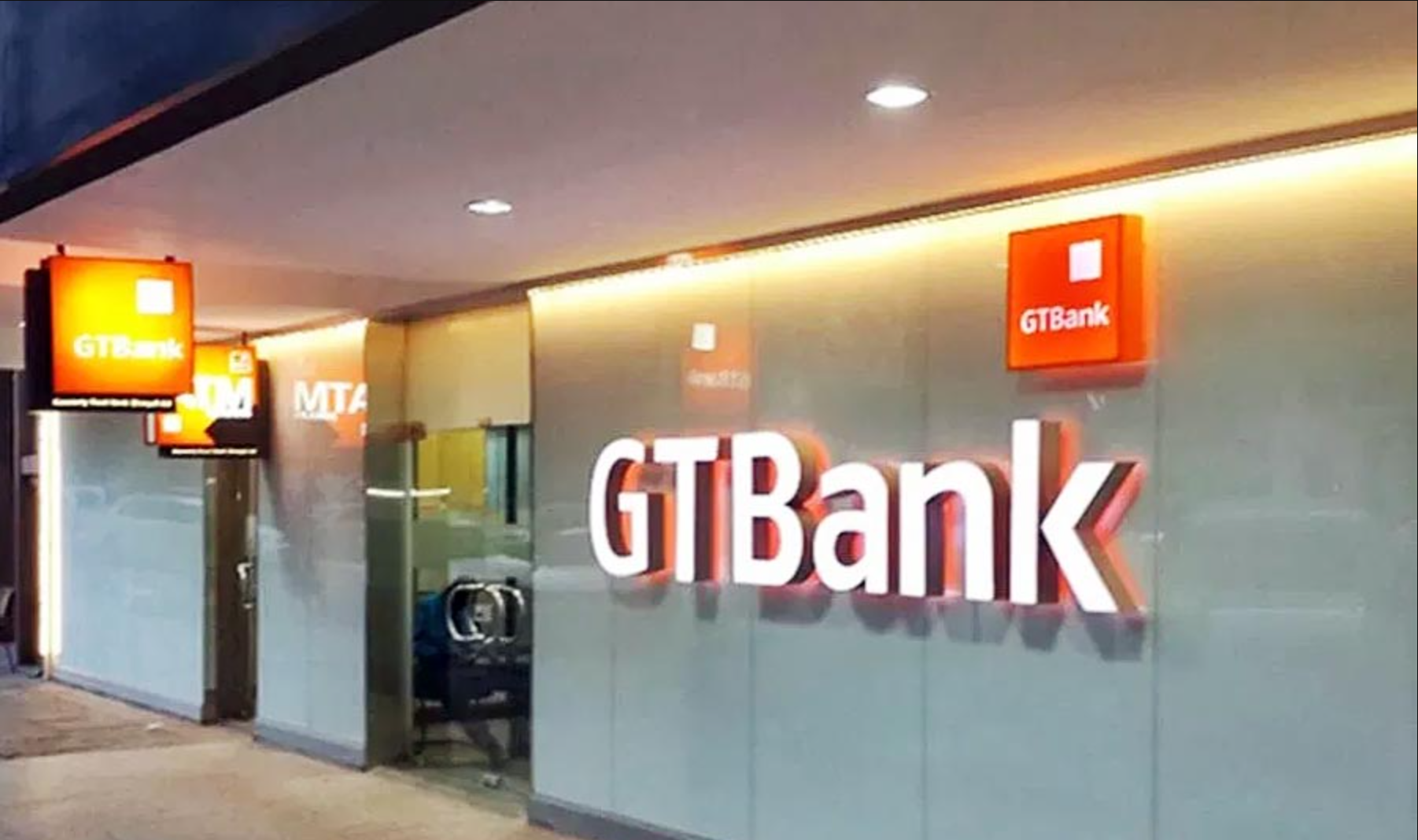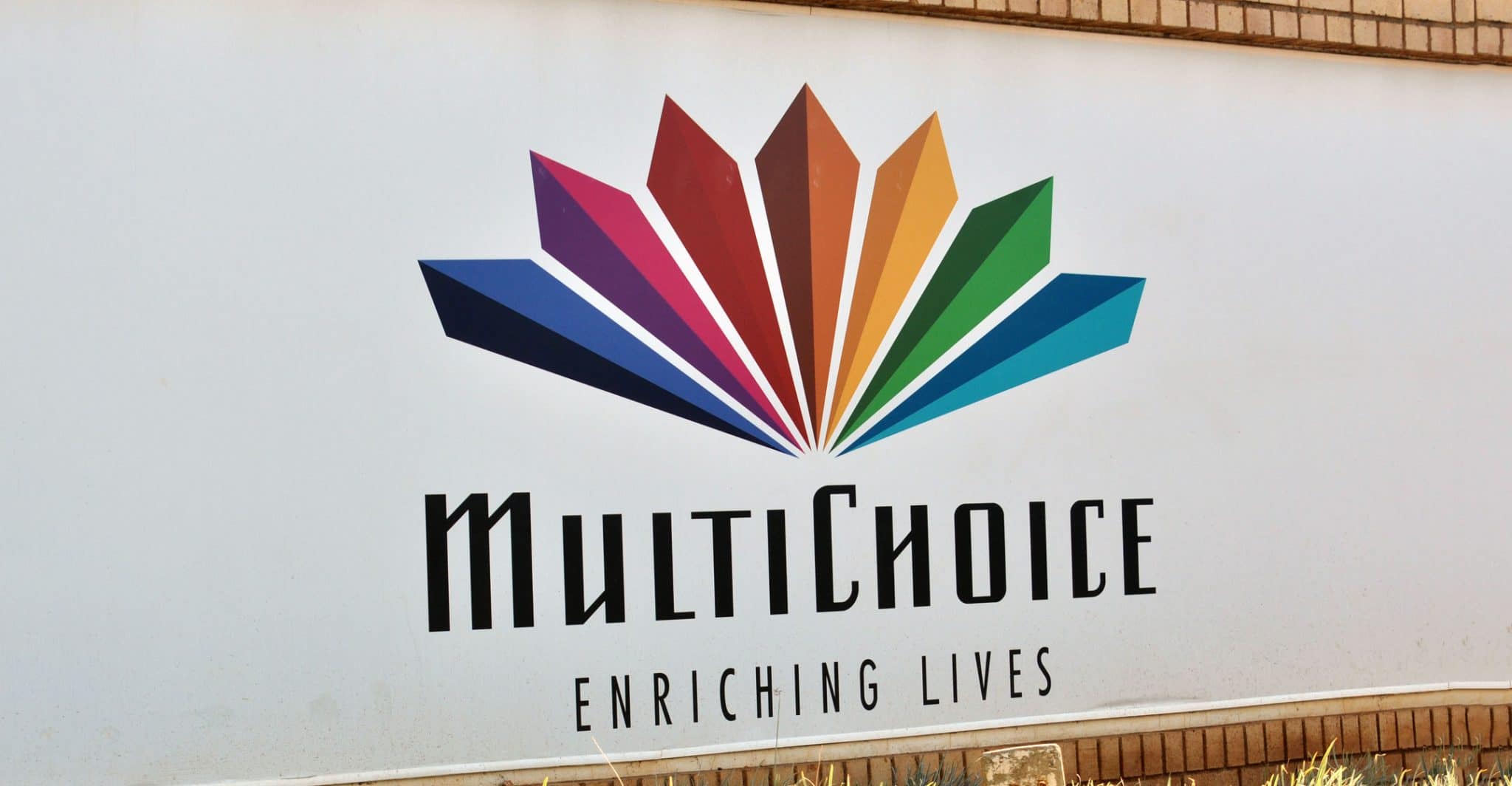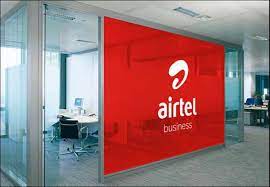Guaranty Trust Bank (GTB) began a new billing model for its banking operations, including Unstructured Supplemental Service Data (USSD), on Wednesday, following the directive of the Nigerian Communications Commission (NCC).
Customers were notified that the N6.98 transaction charge would no longer be deducted from bank accounts but from airtime balances as of Wednesday.
It reads: “Dear Customer, please be informed that effective 18 June 2025, the N6.98 USSD fee will be deducted from your airtime balance, no longer from your bank account. Thank you.”
NCC’s intervention
To resolve persistent conflicts between banks and telecom providers over unpaid USSD service costs, NCC, in collaboration with the Central Bank of Nigeria, suggested a more extensive industry restructuring to incorporate this trend.
To collect fees for unstructured supplemental service data exchanges, the NCC directed Deposit Money Banks to start charging mobile airtime fees to their customers.
Recall that banks automatically transferred the costs associated with using USSD to telecom firms after billing customers through their bank accounts. This led to the banks accumulating ₦250 billion in debt as of 2024.
Telecom operators threatened to suspend USSD services for banks that failed to clear their debts, leading to regulatory warnings and disconnections of USSD codes for some banks earlier this year.
To resolve this issue, CBN and NCC urged banks and telecom operators to resolve the ₦250 billion debt related to unpaid USSD transactions in December 2024.
MTN Nigeria reported receiving ₦32 billion out of the ₦72 billion owed by banks as of February 28, 2025.
The NCC’s directive to shift billing to airtime is part of broader efforts to enforce payment discipline and ensure uninterrupted USSD services for consumers.
Concerns from telecom operators
Despite the NCC’s directive and banks’ notifications, telecom operators have expressed concerns about implementing the new billing model.
Industry players such as MTN, Airtel, Globacom, and 9Mobile have threatened to withdraw USSD services, citing misinformation being spread by banks regarding how fees will be deducted.
The Association of Licensed Telecommunications Operators of Nigeria (ALTON) stated that no formal agreement has been reached with banks or the NCC on the shift to airtime deductions.
They also highlighted that some banks still owe parts of a ₦160 billion debt to telecom operators, complicating the situation further.
This disagreement underscores the tension between banks and telecoms, with companies insisting that the new billing system cannot be fully implemented until all parties agree on terms and outstanding debts are settled.
NCC addresses telecom operators’ concern
To address these concerns, the NCC developed an End-User Billing model, which instructs banks to only charge fees for airtime billing and to reimburse debts after past-due obligations have been paid.
The new model will alert users at the start of each USSD session and only use airtime after confirmation if there is sufficient balance.
GTB is not the only bank that has implemented the NCC’s directive, Techpression on June 4 reported that United Bank for Africa (UBA) emailed its customers to inform them of this change, stating, “In line with the directive of the Nigerian Communications Commission, please be informed that effective June 3, 2025, charges for USSD banking services will no longer be deducted from your bank account.”
The bank also reassured customers that alternative digital banking options like mobile apps, ATMs, and internet banking remain available.
How customer’s USSD fee is charged
Under the new billing structure, each USSD session will cost ₦6.98 for every 120 seconds of usage. This fee will be charged by the user’s mobile network operator, not the bank.
Before any airtime is deducted, users will receive a prompt requesting their consent to proceed with the transaction. Airtime will only be deducted if the user confirms and the bank can process the request.
This consent-based approach protects users from unexpected charges and allows them to discontinue USSD banking if they prefer not to pay via airtime.
Customers who prefer not to pay via airtime can opt out of USSD banking and use other digital platforms such as mobile apps, internet banking, or ATMs. Banks like UBA and Stanbic IBTC have emphasised the availability of these alternatives to ease the transition.
This change may prompt users to reconsider their preferred banking channels, especially those who rely heavily on USSD for quick transactions.
















